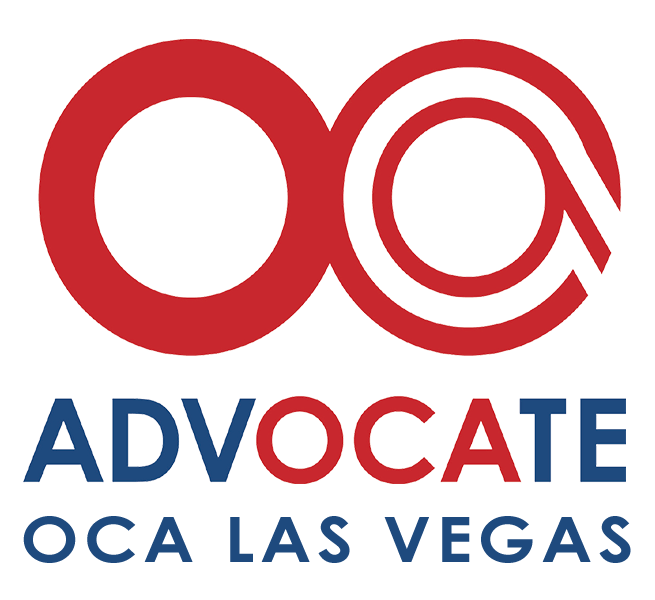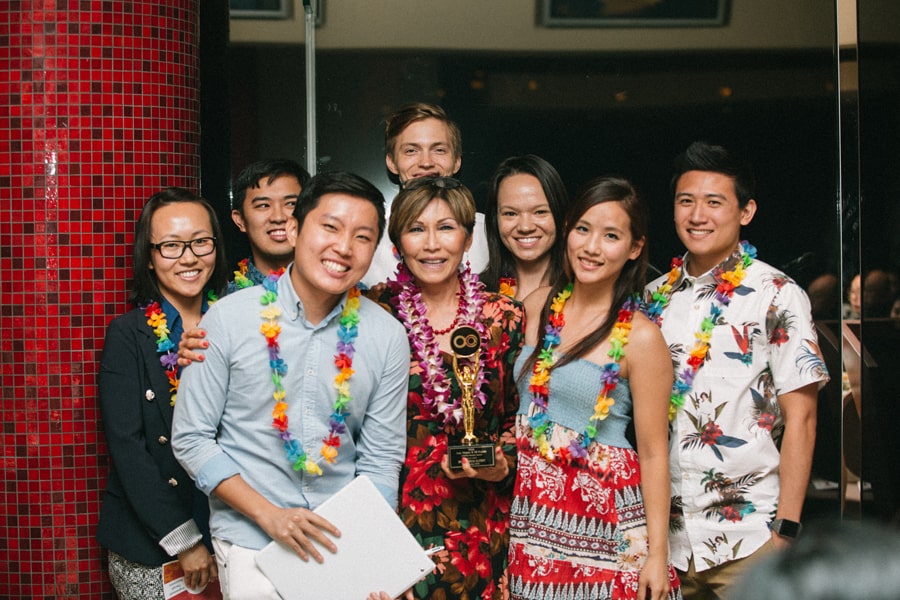In 2020, many news outlets reported the Asian American and Pacific Islander communities in Las Vegas helped change the outlook of the election as being the “margin of victory”. 2020 was also the year that saw more representation of Asian Americans and Pacific Islanders in various levels of the Nevada state government.
In foresight, this shows a growing change where Asian Americans and Pacific Islanders are recognizing that representation matters and can positively impact the Las Vegas AAPI community. This is a completely opposite direction of what many people viewed the AAPI as the silent and inactive voting population.
For over a decade, Asian Americans and Pacific Islanders (AAPI) have been recognized as the fastest-growing AAPI population in Nevada and are often recognized during election season as a sleeping giant. The AAPI population is often difficult to understand as the census has historically combined over 15 groups of various Asian ethnicities into one category.
There have been some improvements in desegregating population data in the census by separating large populations (Chinese, Filipino, Asian Indian, Vietnamese, Korean, Japanese, and “Other Asian”) in the previous Census, but for the decades of Asian Americans that have been living in the United States, it is a big achievement seeing the federal government recognizing the need to not view all ethnicities of “Asian Americans” as one population.
Why “Asian Americans and Pacific Islanders” is a Melting Pot
From an economic perspective, various ethnicities in the “Asian American and Pacific Islander” community are often misrepresented as not all ethnicities share the same educational or financial background living in the Las Vegas community. From the 2022 Nevada AAPI factsheet by APIA Vote, they reported 9% of Asian Americans and 16% of Native Hawaiians and Pacific Islanders living in poverty.
This often represents a challenge in addressing solutions to assist the various ethnicities in the Las Vegas Asian American and Pacific Islander community and for many government representatives it is tough to understand what policies would align to many Asian American and Pacific Islander viewpoints.
For the past several years, current and upcoming government representatives have had to work with a variety of Asian American and Pacific Islander community groups from religious organizations to non-profit organizations to get a better understanding of how their stances on different policies could impact the Las Vegas AAPI community.
While it is often difficult to gauge the viewpoints of the majority of Asian American and Pacific Islanders living in Las Vegas, there are many outlets that have been developed to be an effective channel to engage different ethnicities through the work of community organizations.
Technology also plays an influential factor as many Asian American and Pacific Islanders of various ages have become accustomed to using smartphones and are often active on a variety of different social media platforms.
How the Sleeping Giant has Woken
For several decades, Asian Americans and Pacific Islanders living in Las Vegas were often viewed as a voting group that didn’t seem to wield much voting power due to a lack of education about voting and how certain political parties could impact the daily lives of AAPIs living in Las Vegas.
With the growing work of community organizations encouraging AAPI individuals to be registered to vote as well as how fast AAPI individuals are getting connected online through various media platforms and ease of access to in-language content, the Asian American and Pacific Islander communities have begun to become self-aware of the power of their individual participation in the electoral process.
As the fastest growing population in Las Vegas, the power of numbers has proven in past years to help significantly change the outlook of who represents Nevada in all areas of government.
During the pandemic, the rise of #stopasianhate opened a new reality that Asian Americans and Pacific Islanders can no longer sit on the sidelines when it comes to policies and electing individuals that would represent the Las Vegas AAPI community.
The Future of Nevada AAPI turnout
The #StopAsianHate movement has helped fuel a new fire to keep the Las Vegas AAPI community engaged with the electoral process as well as the ever-growing of AAPI influentials in a variety of different communities encouraging their subscribers/followers to be engaged with the electoral process.
As the AAPI population in Las Vegas is constantly growing, there will be new opportunities to see more of the Asian American and Pacific Islander communities advocating for a variety of issues impacting their own respective communities.
What will the next 10 years look like for the Nevada AAPI community? Uncertain, but with the work that many community organizations like OCA, we should be seeing awareness to see AAPI individuals elected into a variety of local and state positions as well as policies that introduce AAPI history and culture to tackle modern-day racism.
Become an Advocate
Are you interested in becoming an OCA Las Vegas member? Become an OCA member by purchasing your membership. Annual membership pricing starts as low as $10/year.




